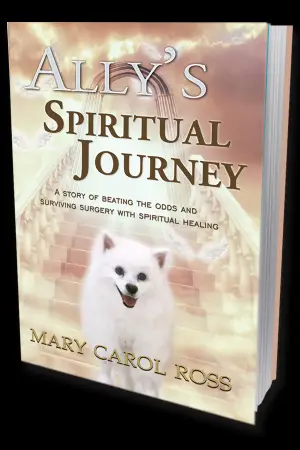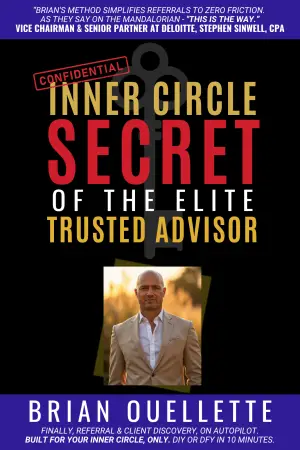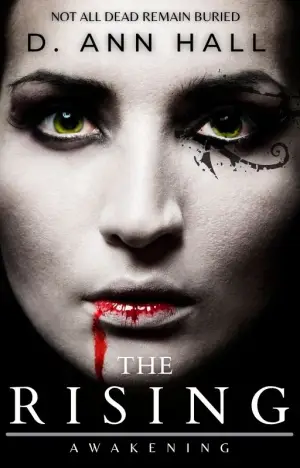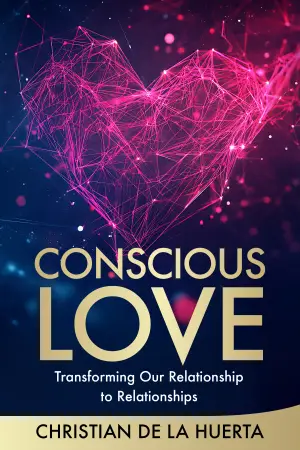Book Review: Adult Children of Emotionally Immature Parents: How to Heal from Distant, Rejecting, or Self-Involved Parents by Lindsay C. Gibson
As a lifelong reader, I often find myself drawn to books that delve into the complexities of human relationships, particularly those that explore childhood dynamics. When I stumbled across Lindsay C. Gibson’s Adult Children of Emotionally Immature Parents, I felt an instant connection, both to the topic and to the promise of healing. The book promises a way to untangle our childhood experiences, featuring a gentle hand in guiding us toward emotional maturity and a deeper understanding of ourselves.
Gibson, a clinical psychologist, keenly illuminates the emotional landscapes that arise from being raised by parents who struggle with emotional maturity. The book meticulously categorizes four types of difficult parents—emotional, driven, passive, and rejecting—offering readers a clear framework to identify their experiences. This structure is particularly refreshing; instead of merely pointing fingers, Gibson encourages reflection and understanding, allowing us to navigate our emotional responses.
As I read, I frequently found myself nodding along, feeling like Gibson was articulating the unspoken truths of my own youth. Her writing is both accessible and academic, a blend that ensures complex concepts are digestible. The pacing feels natural, interspersed with relatable anecdotes that evoke empathy, making the reading experience more engaging. I was struck by her ability to distill deep emotional wounds into actionable insights and healing strategies, making you feel both seen and equipped to move forward.
One passage that resonated with me was Gibson’s assertion that emotional immaturity in parents doesn’t have to dictate our future relationships. Instead, she emphasizes that through awareness and intentionality, we can redefine our narratives. It’s not merely about placing blame but fostering compassion—for both ourselves and our parents. I appreciate how Gibson blends psychology with practical exercises, encouraging readers to actively participate in their healing journey.
The testimonials surrounding this book are like a chorus of validation—from readers who felt seen, to those who found themselves at peace with their past. This shows just how far-reaching Gibson’s insights are. After all, feeling understood is one of the most profound forms of healing.
Whether you’re navigating relationships with difficult parents or simply seeking to understand your emotional landscape, this book is a treasure trove of insights. It speaks to those grappling with feelings of abandonment or confusion, offering a roadmap to reclaim emotional well-being. Personally, reading Adult Children of Emotionally Immature Parents has been revelatory; it felt like a balm, addressing wounds I didn’t fully comprehend until now.
In conclusion, I wholeheartedly recommend this book to anyone who has wrestled with difficult family dynamics. It’s a necessary read not just for healing but for fostering healthier relationships in general. If you’re ready to embark on a journey of self-discovery and emotional growth, Lindsay Gibson’s work may just be the book you didn’t know you needed. Don’t hesitate; open its pages and start your healing journey today!






